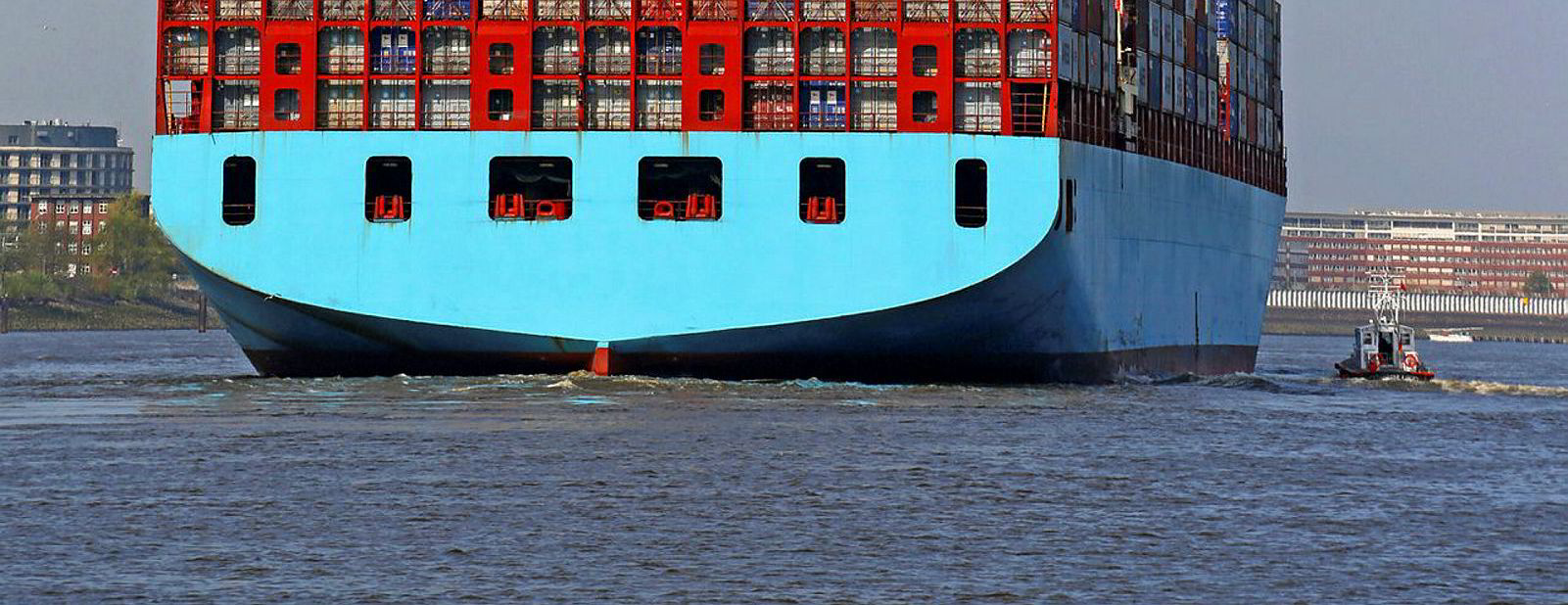Six shipping industry associations have responded to claims from environmentalists that they did not do enough to alert the industry of the high level of black carbon emissions from IMO 2020-compliant very low sulphur fuel oil (VLSFO).
In a letter sent earlier this week the Clean Arctic Alliance (CAA) said the high level of carbon emissions recorded from VLSFO had been verified by a recent submission to the IMO by Germany and Finland.
The new generation of 0.5% sulphur content VLSFO had come onto the market to help shipowners comply with IMO 2020.
The CAA questioned whether the six industry associations, including the International Bunker Industry Association, the International Association of Classification Societies and International Union of Marine Insurance, were aware of the environmental threat.
CAA said: “If the answer is yes, then why did you not immediately seek to halt the production of these fuels and alert the IMO?”
The industry associations have written back to CAA in an open letter. In it they explain their own analysis had indicated VLSFO would demonstrate higher levels of variability in their character and composition. But it added that it did not expect it would result in higher black carbon emissions.
It said the analysis showed that VLSFO was more likely to be paraffinic rather than aromatic. Generally it is more aromatic fuels that lead to higher black carbon emissions.
“The information available since the introduction of the 0.50% sulphur limit on 1 January 2020, suggests our expectations have been generally correct," it said.
However, the industry group added that the connection between high levels of black carbon emissions and VLSFO needed to be studied at the IMO.
It said: “We fully agree that all black carbon related submissions should be reviewed thoroughly and seriously by the international fuel oil supply and shipping community. The upcoming IMO Pollution Prevention and Response Sub-Committee is the most effective forum to progress that debate.
"It would not be appropriate for us to pre-empt the conclusions from that discussion.”






